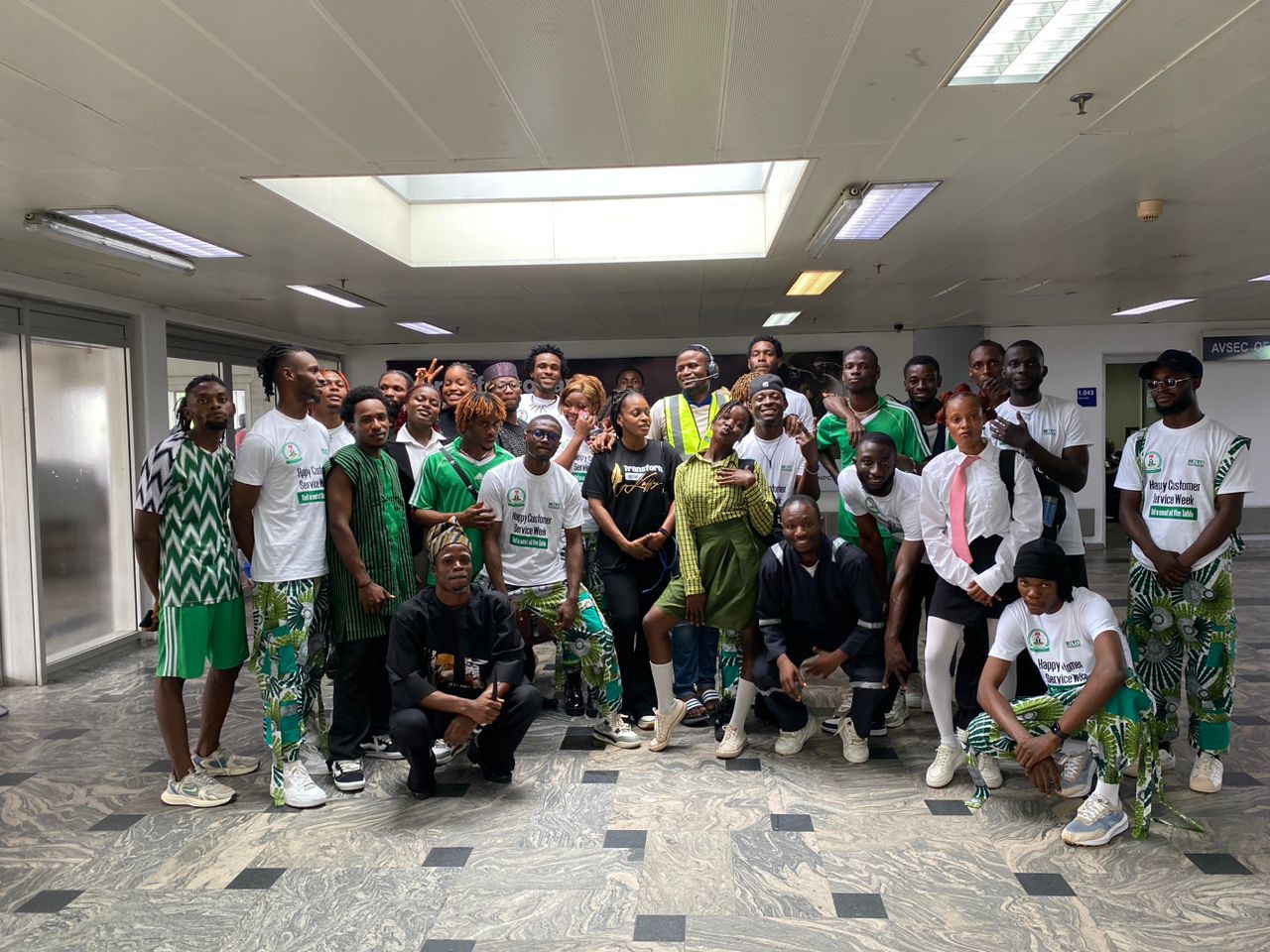The Economic Community of West African States (ECOWAS) is set to train 200 youths in Anambra State on the TAENPROWIZ Fish Production Business System and Technology as part of the second phase of its Fisheries and Aquaculture Value Chain Business Development Partnership.
This initiative is spearheaded by the Taenprowiz Production Business System Partnership, which operates branches at the Adazi-Nnukwu Fish Production Village Business Franchise, FABDA and Chukwuemeka Odumegwu Ojukwu University, Igbariam.
Aligned with the ECOWAS Commission’s youth employability program and Anambra State government’s youth-friendly environment policies, the training aims to integrate young people into agricultural businesses. The program is coordinated by the West Africa Secretariat for Ecological and Organic Agriculture (WASEOA), overseeing some training centers across the ECOWAS Region including the TAENPROWIZ Production System and Technology Partnership Center in Anambra State, Nigeria.
FABDA, the state agency mandated to oversee fisheries and aquaculture economy in Anambra, has set an immediate target to achieve local production of at least 51,000 metric tons of table fish annually, in line with Section 5 of the FABDA Law, to actualize self-sufficiency.
Emeka Iloghalu, Managing Director and CEO of FABDA, emphasized the importance of this ECOWAS-sponsored training during a recent engagement with the youth leaders. He noted that the program comes at a time when the state government is prioritizing youth-centered human capital and economic development.
Iloghalu, who also coordinates the training, explained that participants will learn improved fish production techniques using the TAENPROWIZ System and Technology, enabling them to run fish businesses professionally and efficiently. The continuation into a second phase reflects the success of the initial training cohort.
He anticipates that the program will enhance the capacity of training centers and equip youths with the skills to thrive in fish entrepreneurship or manage fish businesses. “The ECOWAS Commission aims to increase youth participation in agribusiness across the region, recognizing agriculture’s potential for wealth creation, job generation, and food security,” he said.
FABDA’s focus on industrializing Anambra’s fisheries and aquaculture sector, particularly through the TAENPROWIZ System and Technology, is expected to boost table fish production significantly. This strategy also supports the entire value chain—from brood stock and seed fish production to fish processing—extending benefits from Anambra to the Southeast region, Nigeria, ECOWAS, and beyond.
Supporting the initiative, Surveyor Ambassador Obi Emeka Chukwudi, State Chairman of the National Youth Council of Nigeria (NYCN), praised agriculture, especially fisheries, as a key avenue for youth empowerment and self-reliance. He pledged NYCN’s commitment to mobilizing youth participation statewide.
Similarly, Comrade Ken Okoli, President of the Youth Wing of the Anambra State Association of Town Unions (ASATU), and Dr. Tochukwu Obiadi, APGA State Youth Leader, expressed their support and urged continued efforts to empower youths.
The second phase of training integrates principles of Ecological Organic Aquaculture, promoting agroecological crop production using nutrient-rich fish wastewater. This holistic approach respects environmental sustainability while advancing food security.
The program targets youths aged 18 to 35 as of the year 2025, who aspire to succeed as entrepreneurs, investors, or professionals in fish production and trading.



